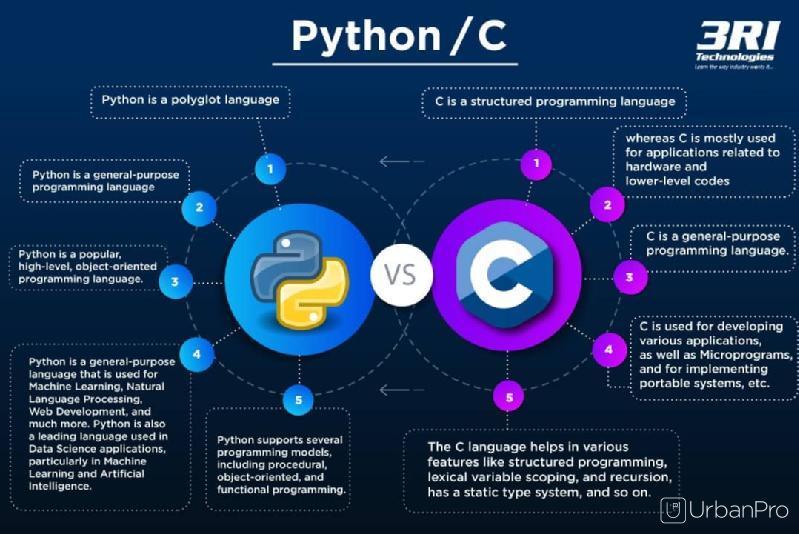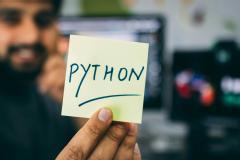1. Introduction to Python
-
History and features of Python
-
Installing Python & IDEs (IDLE, PyCharm, VS Code, Jupyter)
-
First Python program ("Hello World")
-
Python syntax, keywords, identifiers, comments
2. Python Basics
-
Data types (int, float, str, bool, complex)
-
Variables and constants
-
Type conversion & typecasting
-
Input and output (
input(),print()) -
Operators (arithmetic, relational, logical, assignment, bitwise)
3. Control Flow
-
Conditional statements (
if,if-else,elif) -
Looping (
for,while) -
Loop control (
break,continue,pass) -
Nested loops
4. Data Structures
-
Strings: indexing, slicing, methods
-
Lists: indexing, slicing, list methods, list comprehension
-
Tuples: immutability, methods
-
Sets: union, intersection, difference, set methods
-
Dictionaries: key-value pairs, dictionary methods
-
Nested data structures
5. Functions & Modules
-
Defining and calling functions
-
Function arguments (positional, keyword, default, variable-length
*args,**kwargs) -
Return values
-
Lambda functions
-
Scope (local, global, nonlocal)
-
Importing modules (
math,random,datetime) -
Creating and using custom modules
6. File Handling
-
Opening and closing files
-
Reading and writing text files
-
File modes (
r,w,a,rb,wb) -
Working with CSV files (
csvmodule) -
JSON handling (
jsonmodule)
7. Exception Handling
-
Errors vs Exceptions
-
try,except,finally,else -
Raising exceptions (
raise) -
Creating custom exceptions
8. Object-Oriented Programming (OOP)
-
Classes and objects
-
Constructors (
__init__) -
Attributes and methods
-
Encapsulation, abstraction
-
Inheritance (single, multiple, multilevel)
-
Polymorphism & method overriding
-
Special methods (
__str__,__len__, etc.)







